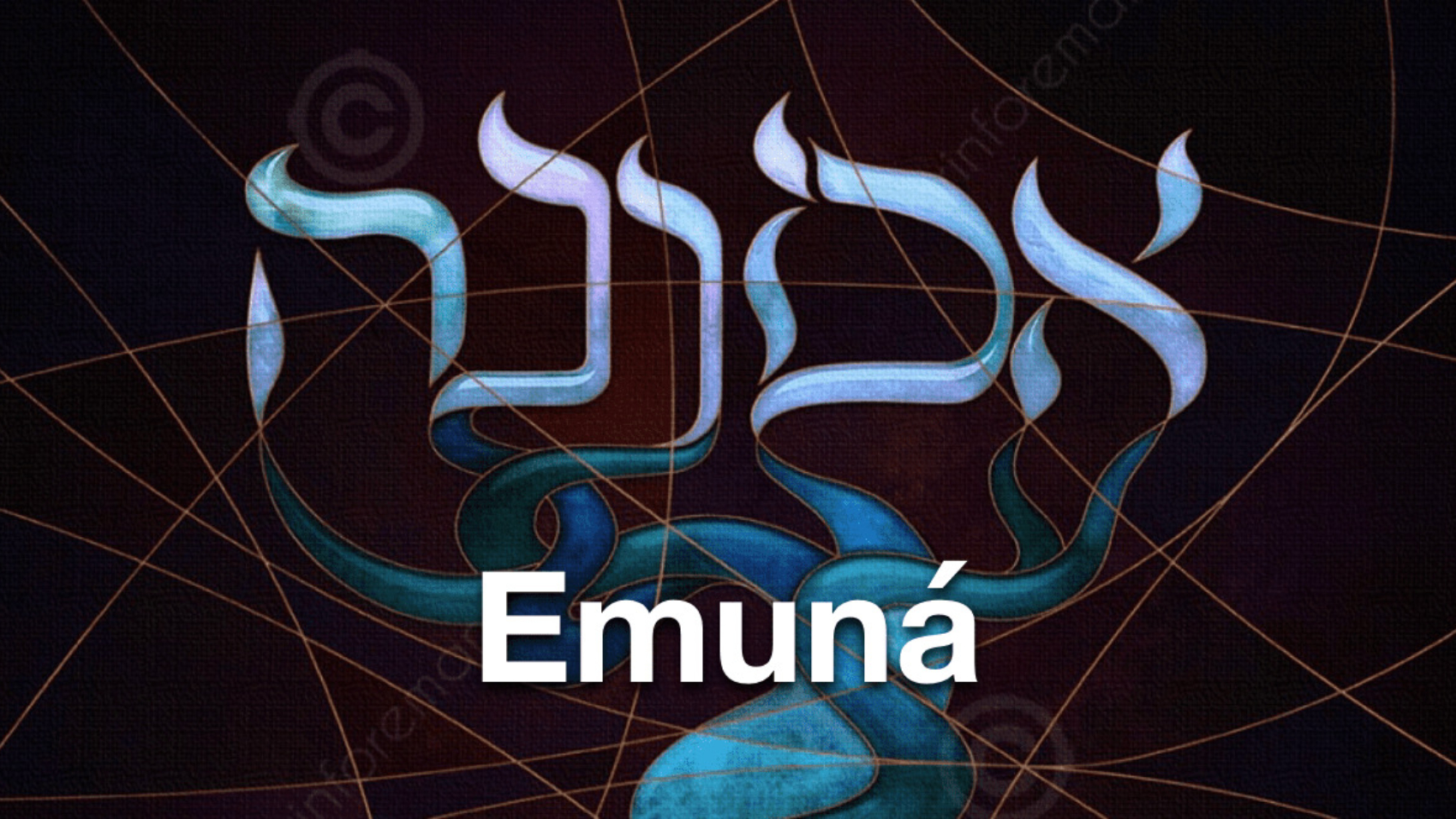From the “elel” that is shouted in traditional Ethiopian festivals, to the sound of early instruments, to the “halleluyah” that is shouted in Pentecostal churches today- whether we know it or not, they are all related to the concept of praise in ancient Israel.
The word halel, where halleluYah comes from, is usually translated as “praise” or “to give glory.”
Hallelu is simply the imperative form of the verb halel and Yah is the first part of the name of the Creator. Therefore, the meaning of this ancient word would be “praise Yah” or “give glory to Yah.”
The problem that arises is that the concept of praising or giving glory is not something concrete in English. To delve into the meaning of this word, and the concept of praise, in Biblical Hebrew we must go back to its first usages in the Scriptures.
“when His lamp shone (hilo, הִלֹּו) on my head, when I walked in the dark by His light.”
– Job 29: 3 ISR
In this example we have the shortened root of halel and we see that it has the meaning of illuminating or shining- the same action as the glowing of a candle.
The following is a very interesting Biblical example since it has brought about much confusion in different translations:
Have we learned something wrong again? Not quite.
The reality is, thematically speaking, that the “beginning of the harvest,” those fruits of the barley harvest offered during the week of Chag haMatzot (Feast of Unleavened Bread), from when we began to count the fifty days until Shavuot may also be called bikurim.
So, if we want to define the terms correctly and accurately, it is important to understand that the Day of First Fruits is NOT called ‘Yom haBikurim’ in the Torah. On the contrary, the day that is called ‘Yom haBikurim’ is Shavuot, as we saw above.
Finally, I will share the meaning of this word. Bikurim is the plural of the word bikur, which is literally “first,” related to organic elements such as animals, fruits and plants.
It is related to the root bakr which means “firstborn.” In Egypt, for example, the tenth plague was called makat haBechorot, “plague of the firstborn.”
As expressed biblically, the first “fruit of the womb” of a woman is linguistically related to the first fruits of the earth.
“How art thou fallen from heaven, O Lucifer (heilel, הֵילֵל), son of the morning! How art thou cut down to the ground, which didst weaken the nations!”
– Isaiah 14:12 KJV
In this verse of Isaiah, the word heilel, which is related to halel also gives us that image of “shining” or “giving light.” In this case, it is the light that a star gives, the brightest star seen in the sky just before sunrise.
The context of this chapter tells us that we are talking about the king of Babylon and his pride. The word heilel was translated into the Vulgate of Jerome as Lucifer in Latin. “Lucifer” is simply something that gives light, such as a star, but being one of the words with which hasatan is denominated (“the angel of light”), this verse is often taken out of context.
In fact, many translations in English and other languages preserved here the Latin word Lucifer (capitalized, as if it were a name) instead of the most adequate translation of the word: the shining one.
In the Jewish tradition, halel is also the name given to Psalms 113 through 118, which were sung in the Temple at the time that the lambs were sacrificed at Passover and, most likely, the hymns that Yeshua and his disciples would have sung at the end of the “Last Supper” (Matthew 26:30, Mark 14:26).
In conclusion, we see how the word halel is connected with the action of shining, such as a light, either from the fire of a candle or a star. Lights (fires) and stars were used in ancient times as reference points, that is, as objects of orientation that could be followed to reach a specific destination safely.
Beyond the basic and loosely accurate translation of “praise” or “glory”, the next time you say or think of the word halelu-Yah, keep in mind these ancient meanings and connections, which give a deeper meaning to everything that we should attribute to Yah.








